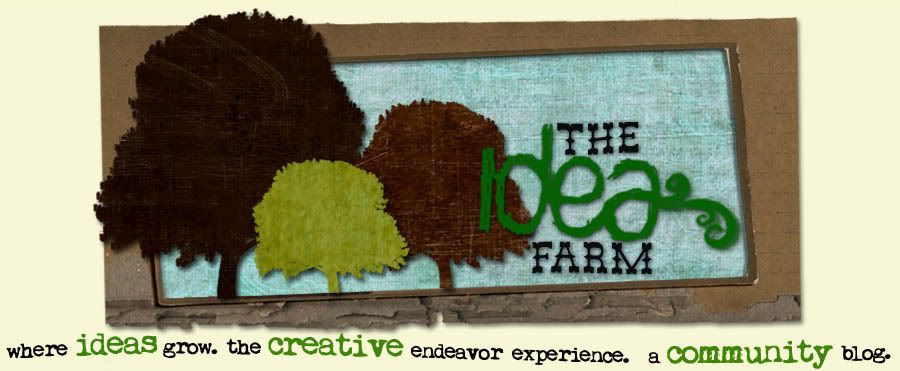I'm in my third quarter for an MA in "Environment and Community" at Anioch U. in Seattle. One of my courses this quarter, "Ecological Sustainability" is striving to push us to find the connection between the way we relate to nature and the way we relate to each other. Three times in the quarter they pose the same questions to us, helping us observe our growing ideas. Below is my second installment. Not an new idea for certain, but a relatively new one to me, an "environmentalist" for my entire adult life.
(Note: the Duwamish people's are native people's of the Pacific Northwest.)
1)What do you currently believe are the important cultural patterns and social structures that need to change in order for us to become more sustainable in our relationships to the earth and with each other?
An idea that has fascinated me just prior to commencing Ecological Sustainability is the idea that we humans can be as beneficial to the environment as, to quote Dr. Rudy Ryser, “a bee to a flower.” Having come from a tradition that distinctly separated humans from Nature, and having seen the devastating effects of such a view, I have felt filled with shame and guilt, bowing to nature, claiming “We are not worthy! We are not worthy!” I quickly adopted the common environmentalists' doctrine to leave Nature alone. Dear god, fence her off from us so that she has a chance at survival. This whole idea does not bode well for our relationship with Nature. It continues to pit us against her. We are in a partnership with Nature, either for her destruction or for her health. If we are ever to live in a healthy partnership we must accept the notion that we can give as much to her as she to us.
Our symbiotic relationship with Nature surfaced for me during the break between Winter and Spring quarters. I was reading Barbara Kingsolver's “Animal, Vegetable, Miracle.” While once a vegetarian, I had never full accepted the idea that killing an animal was wrong. When I became more interested in the idea of local eating I realized how destructive processed soy products can be despite how vegan diets were touted as having the “lightest footprint.” Barabara Kingsolver maintained a similar view. Her writings on the relationship between humans and animals forecasted the lessons in Ecological Sustainability.
In shock, with guilt and shame at the state of the meat industry, many vegans and vegetarians have swung to the same end that many environmentalists have, severing our relationships with animals to protect them from us. As Kingsolver points out in her book, the relationship was not always, and need not be the tragedy it is on the majority today. Horses, goats, cows, fowl and more have developed intricate symbiotic relationships with humans. As we depend on them for their products they equally depend on us to survive and flourish. Animal husbandry an art practiced over centuries encouraged diversity among breeds. Without us the breeds of animals that have adapted with us over thousands of years would not survive. In fact, with the advent of the one breed meat industry, many breeds have been lost.
In the history of the the Duwamish peoples I saw demonstrated the possibility of human bees to Nature's flowers. Their work burning and gardening the plains actually encouraged biodiversity. It strengthened ecosystems. Where nature would have overwhelmed the land with a monocrop of douglas fir forests, humans broke the monotony bringing with them not less life but more.
Awareness of this partnership is essential to healing the gaping wound between us and Nature. Understanding this context, I see myself within Nature's web, not outside of it. The separation that has been the dominant theme of our relationship fades into the a complexity, where I am both Nature's child, her sustainer and her creator. As are all the creatures and elements that fill in the web, so are we.
2)Further, what connections do you see, if any, between changes in our relationships with each other and with nature? Label this file “Sustainability 2”
One Darwinian concept that pervades our culture and therefore our relationship with each other and nature, is the idea of the “survival of the fittest.” “Dog eat dog,” and “eat or be eaten,” also demonstrate the worldview that we are all pitted against one another for our own survival. It seems we have been racing to prove to Nature that we can survive better than she, only to realize how desperately we need her. We just as equally strive to rise above other human beings, driving to the top at any expense of those around us, only to realize how much we depend on the prosperity of all citizens of the world. Globalization, with all of it's horrifying destructiveness, has also inadvertently shown us how interdependent we really are. One example lies in the countries and communities of the southern tropical rainforests. In order to compete and survive the rainforests are hastily destroyed for their resources. In this destruction more CO2 is released than all of the world's transport combined. This is coupled with a devastating loss of biodiversity, of CO2 absorption and disturbance of rainfall.
Darwin's notion, taken out of context, continues the concept of disconnection and mutual independence. Looking further into evolutionary theory, we find that is actually the survival of the most adaptive and creative. Just as much as our view of our relationship with Nature must change to partnership, so must we also view our relationships with the citizens of the whole world.
Monday, May 11, 2009
like bees to flowers
Posted by anise at 9:42 AM
Subscribe to:
Post Comments (Atom)







0 comments:
Post a Comment